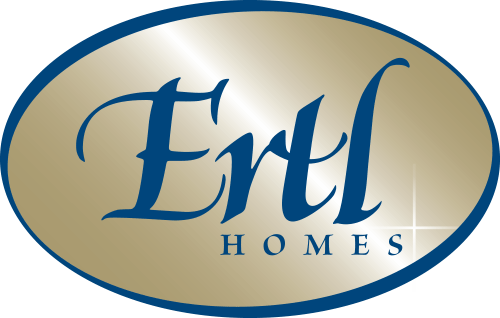Glossary of Mortgage Terms
- Annual Percent Rate: Interest rate that reflects the cost of the mortgage as a yearly rate. This is usually higher than the stated rate because it accounts for points and other credit costs.
- Appraisal: The market value of the property, made by a licensed appraiser. Cash reserve: Cash available to make the first two mortgage payments after closing. Closing: When both seller and buyer sign final documents, usually at a title company and closing cost monies are delivered.
- Commitment: Promise by lender to make a loan on agreed terms to borrower
- Contingency: A condition that must be met before a contract is legally binding.
- Deed: The legal document which gives title to a property.
- Delinquency: Failure to make payments on time.
- Depreciation: A decline in the value of property.
- Down Payment: Money paid to make up the difference between the sales price and the mortgage loan.
- Earnest Money: Money given by buyer as part of the contract terms which shows good faith usually placed in escrow at the closing title company.
- Escrow: Money held in a non interest account, by mortgage lender to pay taxes and insurance when due.
- Foreclosure: Legal process by which the lender or seller forces a sale of a property because borrower has not followed the terms of the loan.
- Fixed rate mortgage: A mortgage that carries a fix interest rate for the full term of the loan.
- Hazard Insurance: A form of insurance in which the insurance protects the Insured from specific losses such as fire.
- Homeowner's Insurance: Insurance that covers liability and hazard on a property.
- Homeowner's warranty: A warranty that covers specific types of repairs for a specific time on a property.
- Interest: A fee charged which is usually a percentage, by the lender for borrowing money.
- Interim Financing: In construction, usually the builder requests a loan to construct and or build the project this is also known as an interim loan.
- Lien: A legal claim again a property that must be resolved prior to the sale of said property.
- Mortgage: Legal document that ties the property to the lender as security for payment.
- Mortgage Insurance: Money paid to insure the mortgage when the down payment is less than 20 percent. This protects the lender in the event of default on the note.
- Mortgagee: The lender
- Mortgagor: The borrower
- Origination Fee: This is a fee charged by the lender to set up the loan, process the documents usually a percentage of the loan amount.
- PITI: Principal, interest, taxes and insurance Points: Each point is equal to one percent of the loan. Loan discount points are prepaid interest assessed at closing by the lender.
- Pre-Payment Penalty: Fee charged for early payoff of a debt.
- Principal: The amount of debt owed not including interest.
- Recording Fees: Money paid to the lender for recording the property sale making it part of public records.
- Title: The document that gives evidence of ownership.
- Title Insurance: Insurance policy issued by a title company insures against errors in title search. Fee is usually based on a rate based on the value of the property.
- Underwriting: The process in which the lender submits the loan package for full approval.
